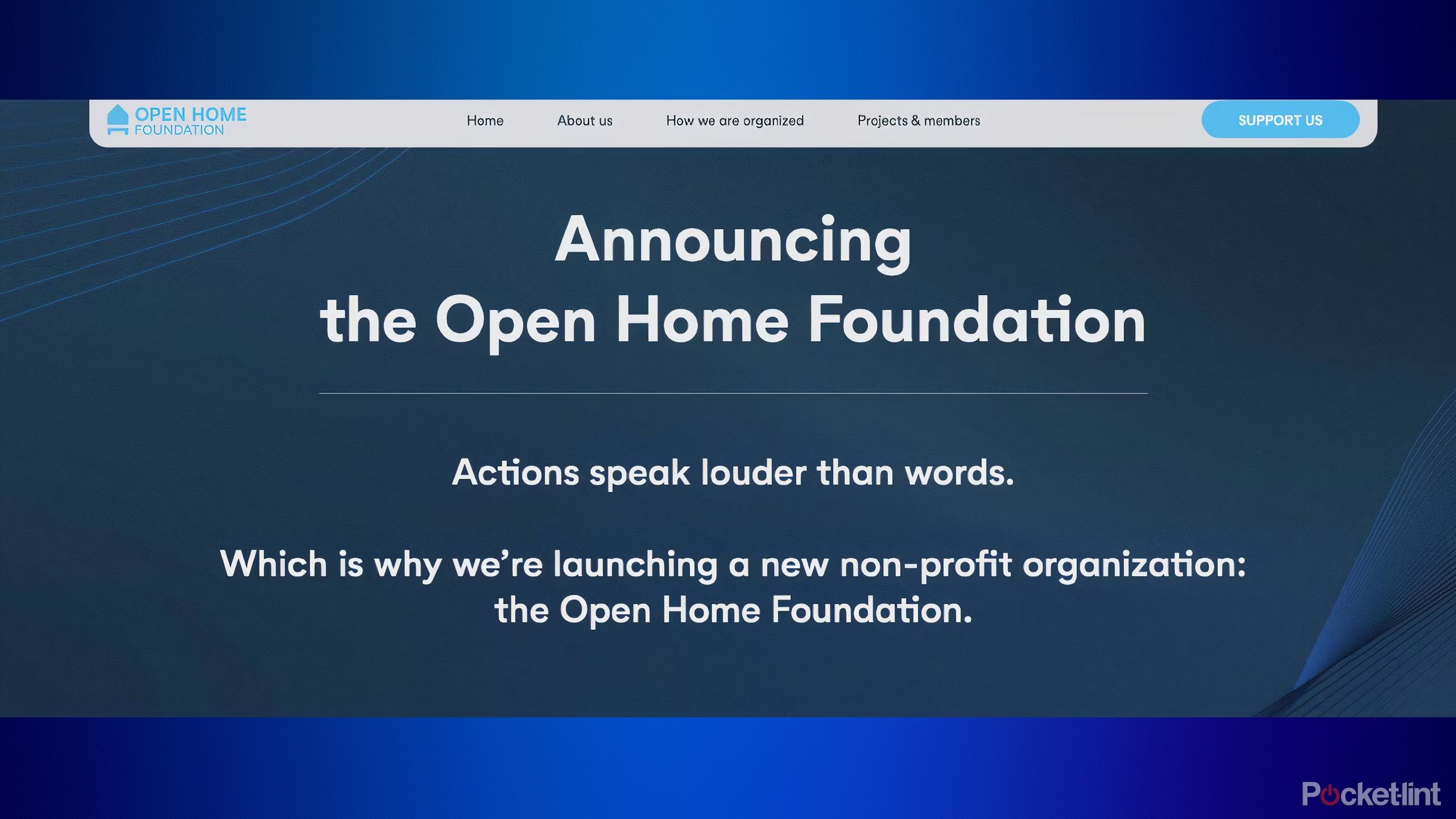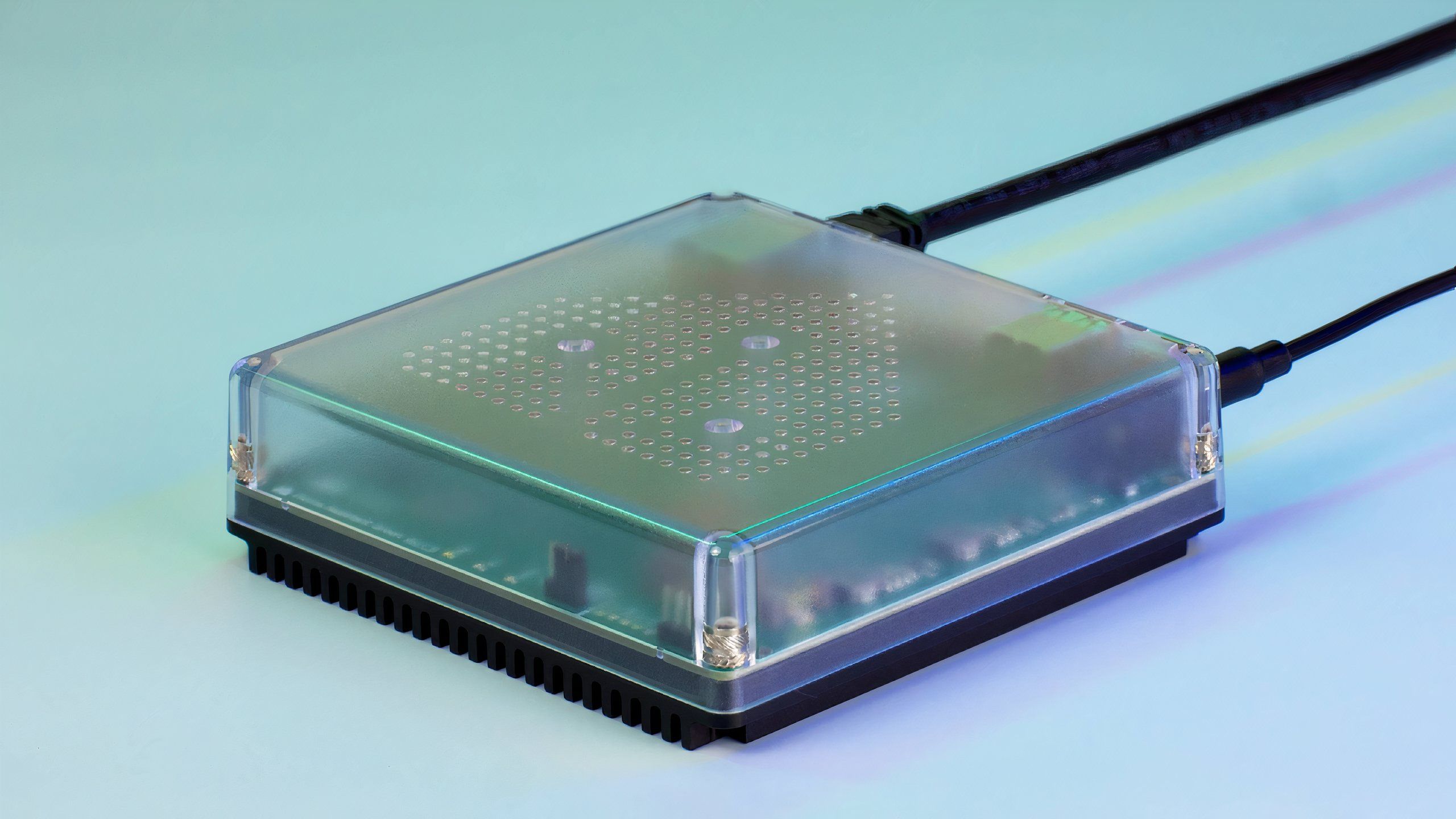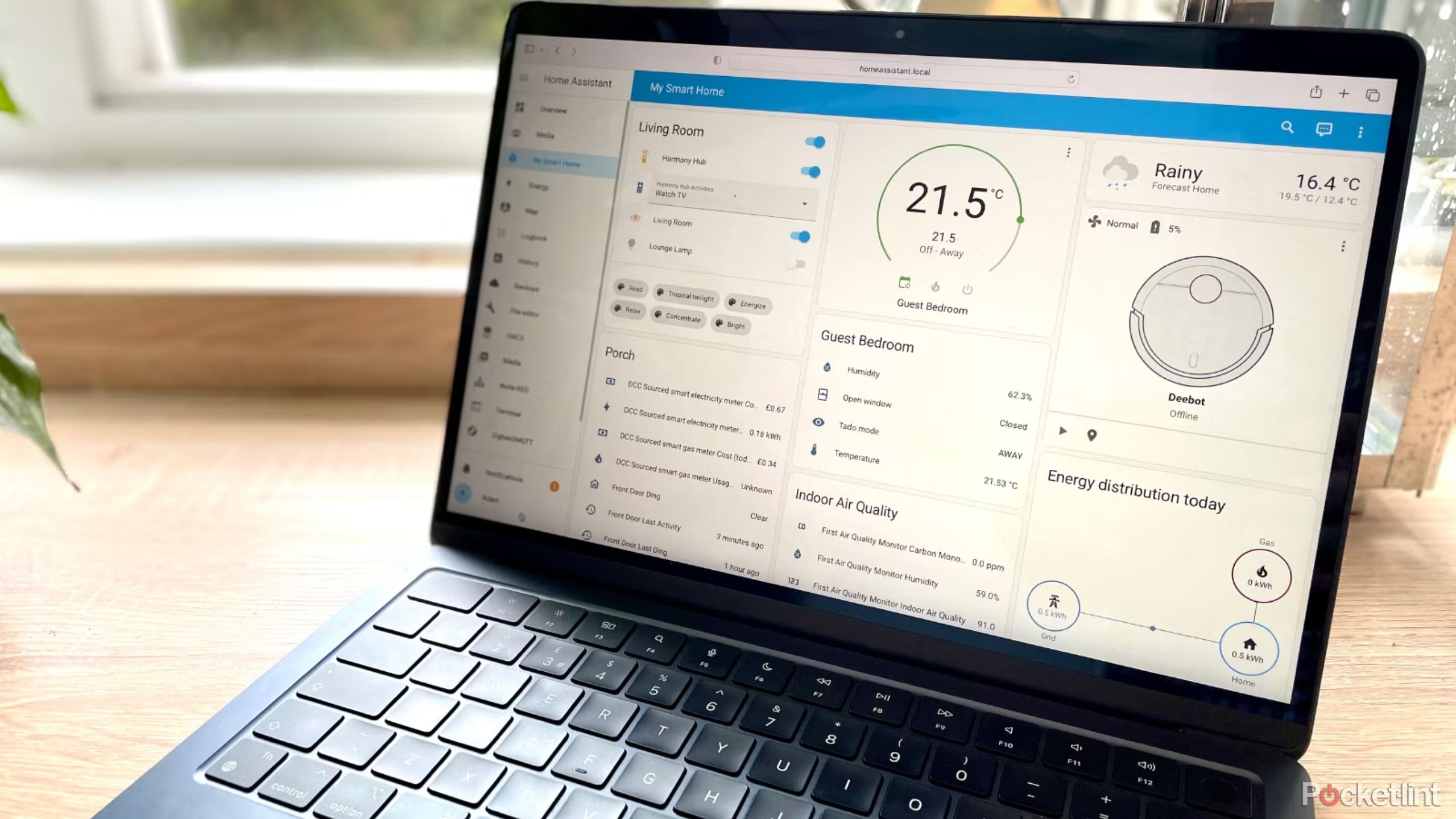Key Takeaways
- Home Assistant is focused on user privacy and choice, providing an open-source platform for smart homes.
- The Open Home Foundation ensures Home Assistant remains non-commercial and aligned with its core values.
- With the goal of simplifying usage, Home Assistant is working on improved accessibility for all users.
Home Assistant has always been about its users. Since its creation in 2013 by Paulus Schoutsen, the platform has provided homeowners with the ability to control all of their smart home devices using a single piece of software. When it first hit the scene, the project saw a void in the smart home ecosystem and wanted to give users an easier way to control their smart homes without having to compromise on data or safety.
Home Assistant is a community-built, open-source platform where volunteers help users build a smart home platform of their own, across manufacturers and devices, so they don’t have to rely on individual apps or hubs for every single device they own. While most hubs will only work with devices from the same brand, Home Assistant is software that allows users to create their own hubs, no matter what the devices are.
So what has Home Assistant done to set itself up for the future? It wants to be the platform that Matter isn’t. That starts with the Open Home Foundation.
How to set up a Matter device with Amazon Echo for Alexa voice control
Control your Matter smart home devices just by asking Alexa.
What is the Open Home Foundation?
It’s an entirely new entity
Home Assistant announced that it was a part of the newly formed Open Home Foundation back in April. It’s a non-profit organization built to “fight for the fundamental principles of privacy, choice, and sustainability for smart homes. And every person who lives in one.”
The foundation was created to protect the projects people have put hours of work into from a possible buyout — and becoming abandonware — while keeping surveillance projects away. Open Home Foundation has also partnered with Nabu Casa to fund critical projects, including Z-Wave JS, WLED, Rhasspy, and Zigbee2MQTT to make those projects open to everyone.
The Open Home Foundation will own and govern all of Home Assistant’s entities. With the foundation there to protect all the projects, Home Assistant has the freedom to focus on building out the best smart home platform for users.
In speaking with Pocket-lint, Home Assistant founder and president of the Open Home Foundation Paulus Schoutsen said that creating the Foundation was vital for Home Assistant.
With the foundation, we have secured the future of Home Assistant. The future is staying on track with what we have been doing so far: building an open-source smart home ecosystem that provides privacy, choice, and sustainability. The foundation makes it easier to communicate the non-commercial nature of Home Assistant and form partnerships with the many companies making smart home products that integrate with Home Assistant.
–Paulus Schoutsen
The Foundation also has to only rely on donations, membership fees, license programs, and contributions from partners for income. This helps prove that Home Assistant is not in this for the money. It truly wants to build a better world for smart homeowners.

How I turned my old tablet into a smart home display hub for free
In just a few steps, you can make an old tablet the center of your smart home. Here’s how.
How will Home Assistant evolve?
It wants to be the smart home platform
Home Assistant
You may read about Home Assistant and think it sounds similar to Matter. Matter is software that offers functionality for your smart home devices to talk to one another to better communicate. But the downside of Matter is that you still need to use each individual device’s app to control them.
Home Assistant wants to make an app that will be the primary app to control all of your devices. Home Assistant is heavily involved with the updates for Matter, so the two find themselves on the same team. But, Matter opens up its technology to all kinds of devices and makes the manufacturers decide how to best utilize it. Home Assistant wants to take those devices and make them work together without having to give the manufacturers the data and power they want.
During Home Assistant’s State of the Open Home 2024, the company revealed it will be selling direct to consumers this year with the Home Assistant Green, which is a smart home hub that uses the Home Assistant software. It will sell for $99 and is currently available for purchase on the website. It is slated to be sold on Amazon later this year.
Schoutsen said the focus was on how to take the smart home product model from Europe and apply it to the US.
We prefer to work with smart home shops to sell our products to users. This allows our products to be sold alongside products that integrate with Home Assistant, by sellers who are well-informed about the smart home sector. This is a win-win situation that works well for us in Europe. Sadly, the American market has no well-known smart home shops. By leveraging Amazon, we are able to reach the consumer and sell to them directly.
–Paulus Schoutsen
Home Assistant is expanding its Works With program and adding devices from Aqara, Ultraloq, ESPHome, and more this year. The logo for Home Assistant will appear on the products. Home Assistant is also expanding its voice assistant work to provide voice commands for your devices.
This is a way for Home Assistant to become more mainstream and build awareness for its name. While most people have heard of Amazon Alexa, Google Home, and Apple HomeKit, not as many have talked about Home Assistant, despite having thousands of contributors to its software and working with so many different devices.
This is a way for Home Assistant to become more mainstream and build awareness for its name.
It’s mostly because Home Assistant can be difficult to use and the user interface can pose challenges, especially for new users. If you aren’t someone that is adept at writing code or configuring devices, minus just installing them through hub apps, you may need help utilizing Home Assistant. That’s another significant update Home Assistant promised in the State of the Open Home address, as it wants to make it easier to access for everyone in your household. Schoutsen told us it has been an ongoing project for years. He highlighted these entries on how the company is striving to simplify the process for users.
Making Home Assistant more accessible to everyone has been an ongoing project for the last couple of years. Our current initiatives are to make it easier to create dashboards, get started with our voice assistant and to make it easier to automate your house.
–Paulus Schoutsen
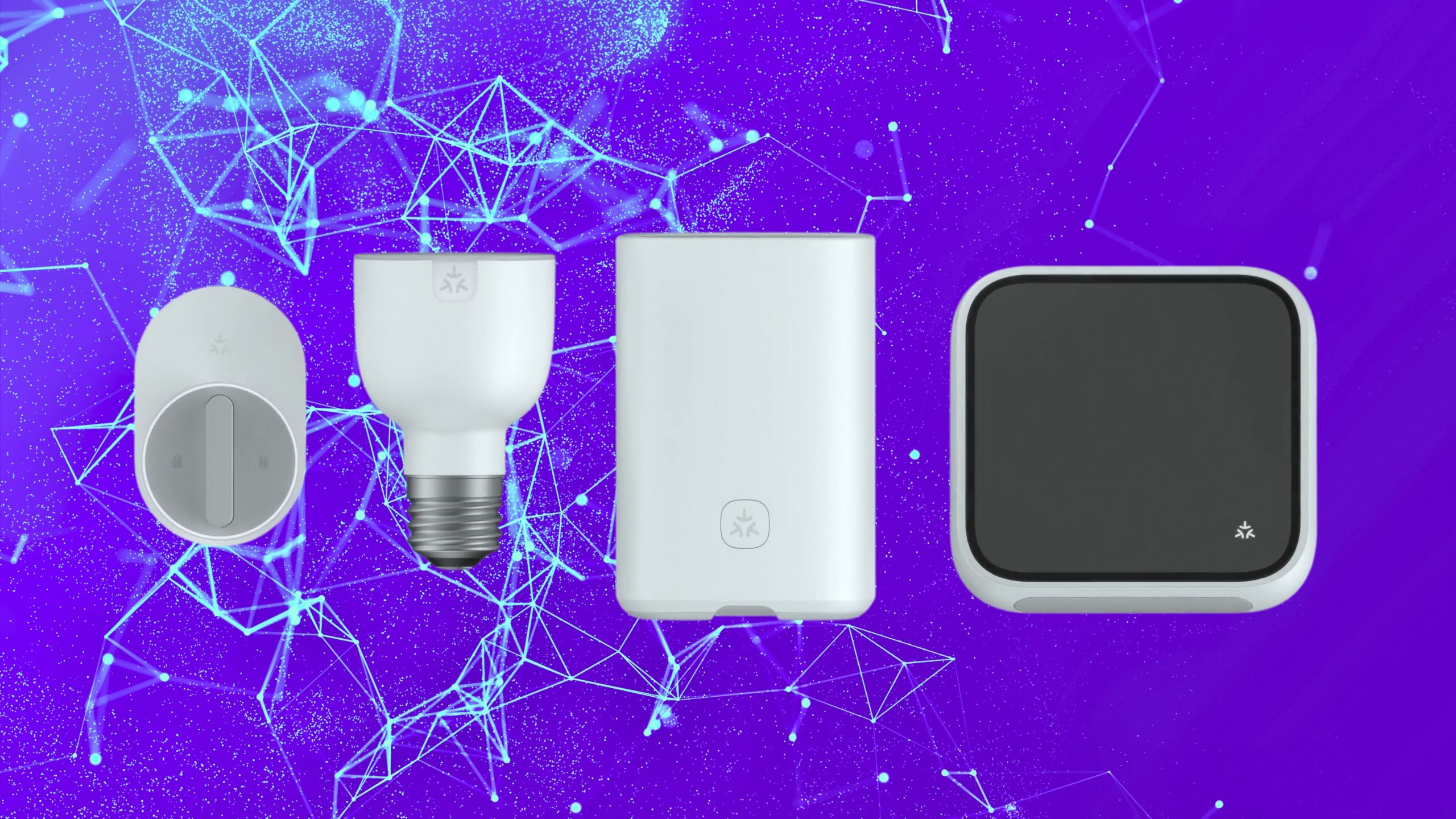
How Matter 1.3 might be the key to solving your smart home connectivity woes
The goal is to make all of your devices connect with one another so that your life is easier.
The Meaning Behind It All
Security and protection
Home Assistant is built to help anyone who wants a safer smart home. It will automatically scan your home Wi-Fi and search for devices it’s currently compatible with — a list only expected to grow in the future. Eventually, Home Assistant wants to have the app and the hub control all of your devices while not selling your data and keeping your information private.
Manufacturers make products that store users’ data and then treat it like they now own the data, to do with whatever they wish. They claim these rights based on long and vague terms of services that no user ever reads. This is wrong: my printer manufacturer doesn’t own the things I print either. By keeping data locally, we don’t have to rely on laws to protect user data stored by a manufacturer and trust that all people making products for our house follow them.
–Paulus Schoutsen
Home Assistant, while trying to think about protecting its past work by creating the Open Home Foundation, is also finding ways to think about the future. While the company is selling direct to consumers for the first time in the hope of getting its product into more hands, it ultimately is looking to keep a smart home smart and all the work it has done protected. Whether or not it can churn out the software fast enough and advance quickly to take the market by storm remains to be seen.
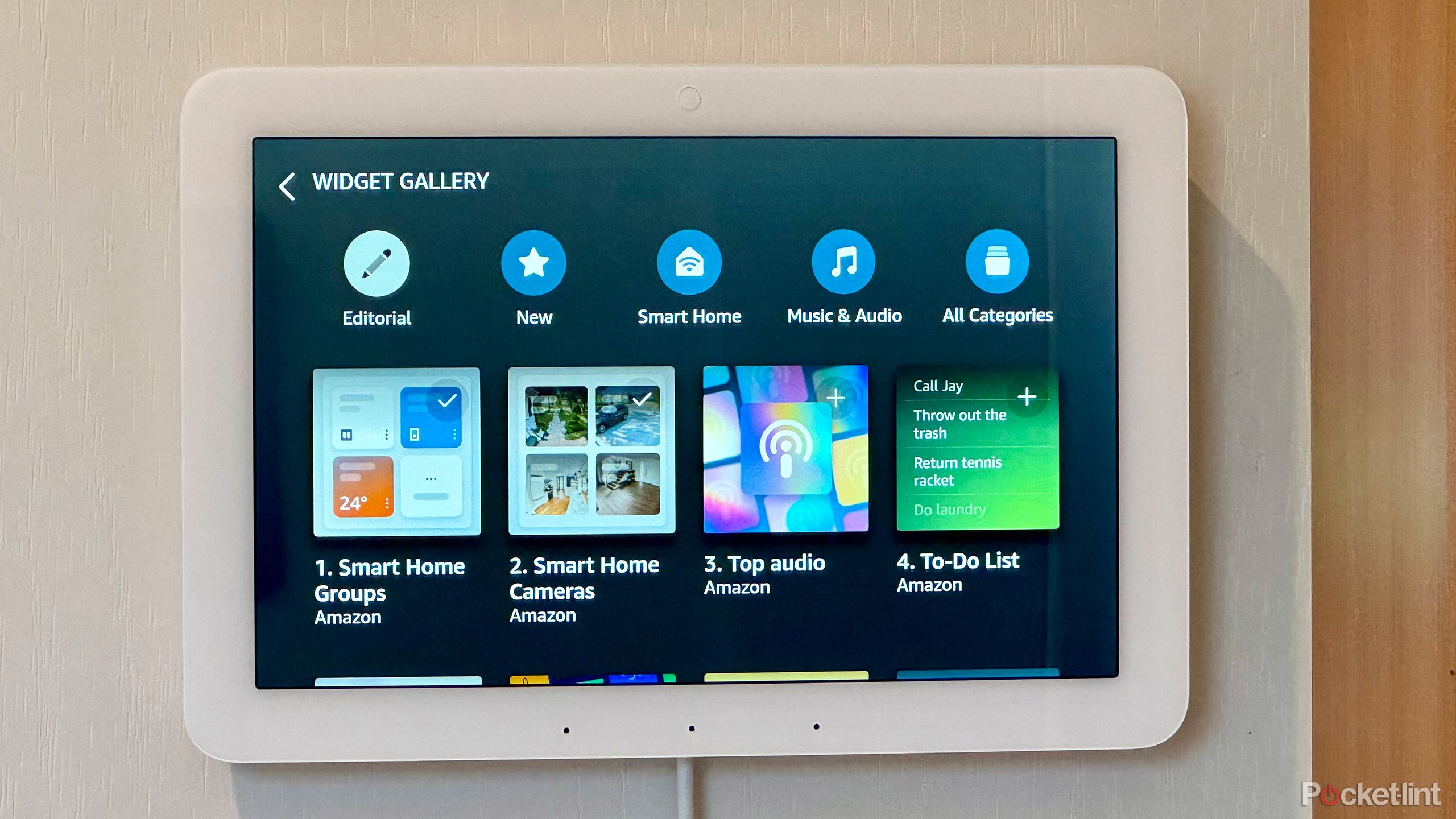
Smart home platforms, ranked worst to best
How does your favorite smart home ecosystem stack up?
Trending Products

Cooler Master MasterBox Q300L Micro-ATX Tower with Magnetic Design Dust Filter, Transparent Acrylic Side Panel…

ASUS TUF Gaming GT301 ZAKU II Edition ATX mid-Tower Compact case with Tempered Glass Side Panel, Honeycomb Front Panel…

ASUS TUF Gaming GT501 Mid-Tower Computer Case for up to EATX Motherboards with USB 3.0 Front Panel Cases GT501/GRY/WITH…

be quiet! Pure Base 500DX Black, Mid Tower ATX case, ARGB, 3 pre-installed Pure Wings 2, BGW37, tempered glass window

ASUS ROG Strix Helios GX601 White Edition RGB Mid-Tower Computer Case for ATX/EATX Motherboards with tempered glass…


